Before restrictions effectively put public gatherings on hold, Gaia Guatri visited Victoria Park to explore the blooming solidarity of the Indonesian domestic worker community
Every Sunday, a warming atmosphere spreads out across Victoria Park – a rare green spot in the centre of Hong Kong – with groups of domestic workers gathering to spend their weekly day off, and celebrate life in its myriad forms.
Bulan Hidayat, a 27-year-old Indonesian domestic worker (pictured above), gently moves her body in a traditional dance, full of beauty and mystery. She dances in the middle of a circle, surrounded by spectators in masks holding up their phones, hypnotised by her smooth moves.
Hidayat’s dance communicates a sense of hope and restrictedness, a mix of conflicting emotions that many domestic workers have experienced during the pandemic in Hong Kong.
“Dancing for me is a way to feel spiritually connected with my community,” says Hidayat after her performance, “and reminds me that before being a worker, I am a human.”
Victoria Park has become a popular weekend haunt for the city’s Indonesian population, a place to get together and share their unique cultural heritage and gratitude for life. The Indonesian migrant worker community in Hong Kong entails a patchwork of ethnic, linguistic, and religious minorities, coexisting respectfully and peacefully.
Despite being often overlooked in Hong Kong society, migrant domestic workers are a key part of the city’s economic backbone, contributing both socially and culturally, enriching the identity of Hong Kong with their multiculturality and living experiences.
"Dancing for me is a way to feel spiritually connected with my community, and reminds me that before being a worker, I am a human" - Bulan Hidayat, Indonesian domestic worker
For many, these gatherings on a Sunday provide an opportunity to develop new skills, and share their knowledge and passion with peers in a friendly, welcoming environment.
Community leaders organise a wide range of outdoor activities: from praying and celebrating, to makeup and sewing workshops, traditional performances, and even martial arts training.
The dedication towards cultivating and sharing their skills is incredibly contagious, demonstrating an enthusiasm and willingness to share their diverse culture with the wider migrant community.
“Since many domestic workers live away from their families, holding performances here [in Victoria Park] is crucial for us, as it enforces our sense of community and allows us to get to know new people”, says community organiser Siswati Yozie.
Before COVID-19 restrictions took hold, her group Persaudaraan Setia Hati Terate Cabang Khusus Hong Kong (PSHT HK) regularly invited groups to join traditional dance performances, martial arts training, and fashion shows in the park. Even despite current limitations, PSHT HK continues to evolve and adapt, ensuring they are there to support the community however they can during these challenging times.
Indeed, organising activities in Victoria Park also presents an opportunity for Indonesian domestic workers to encounter and engage with different cultures and ethnic groups – in particular the Filipino population (the largest migrant group in Hong Kong) – creating a network of solidarity throughout the migrant community.
Walking amongst groups enjoying their rest day, many sheltering from the sun in tents, a line of domestic workers in charming makeup and dressed in glamorous clothes stand in a crowded circle, eagerly awaiting the start a fashion competition.
On the other side of the red carpet, the jury sit behind a table with an impressive spread of prizes, ready to decide the winners of
the parade. “I made this dress by myself in the past four months, learning from my friends here in the park,” says Indah Aminah, after winning the first prize of the day. “Wearing it makes me proud, and modelling gives me a sense of freedom and happiness that I did not feel in the past months during the lockdown, as I could not go out of my employer’s apartment.”
During lockdown, many domestic workers have not been not allowed to leave their employer’s homes on days off, making it harder to preserve their limited free time.
Amongst the 30 domestic workers interviewed in Victoria Park, almost two thirds said they stayed in the house during the pandemic and worked on Sundays, due to their employers’ worries of catching the virus on the streets.
However, their weekly day off is a fundamental right (employers are required by law to give a rest period of at least 24 consecutive hours), a pivotal opportunity to recharge mentally and physically, and for many, these weekly meet ups in Victoria Park play a critical part in that process.
I love to spend the day praying and singing together with my sisters. It gives me the energy to start a new week - Buana Suryani, Indonesian domestic worker
“I choose to come here every Sunday and teach Pencak Silat, a traditional Indonesian martial art, because I want to teach other women combat techniques and improve my self-defence, within a community that I trust”, says Istiq Omah, a teacher from Pagar Nusa, an Indonesian Islamic organisation.
Sundays in Victoria Park are a time for Indonesian domestic workers to express and empower themselves, a chance to engage with a unique values-based community where individuals feel a sense of belonging, sharing experiences that enrich their lives.
Buana Suryani, a 35-year-old Indonesian domestic worker, sits in a circle with friends wearing yellow hijabs, reading the Koran, and playing percussion in a driving rhythm.
“I love to spend the day praying and singing together with my sisters,” she says, “it gives me the energy to start a new week.”
Holding the woman’s hand next to her, Suryani looks at the sky with a smile full of energy, while a chant of traditional prayers fills the air with a puzzling sense of melancholy and hope.


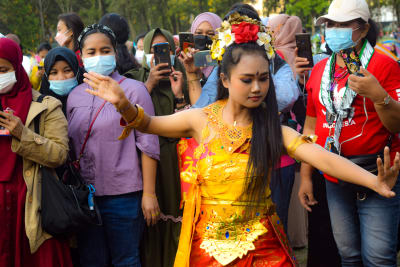
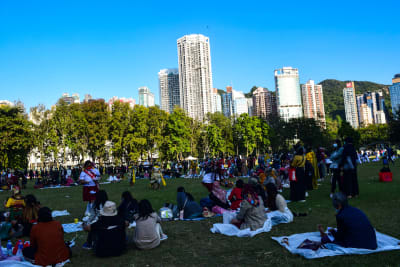
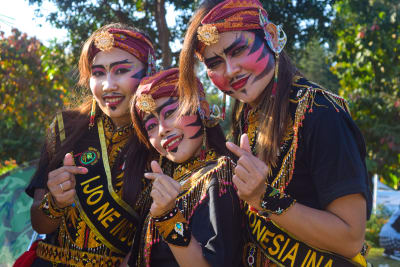
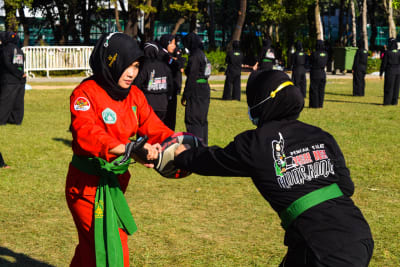
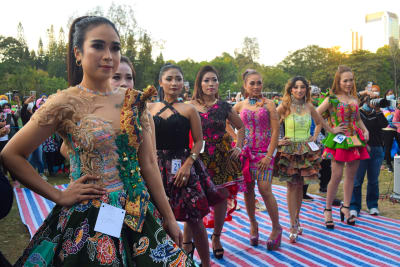
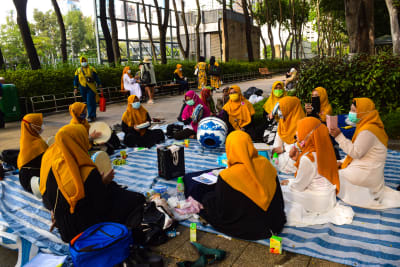




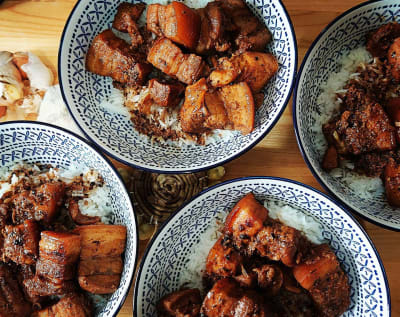





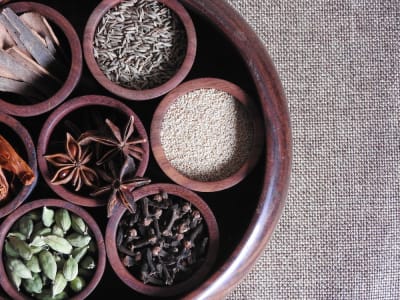
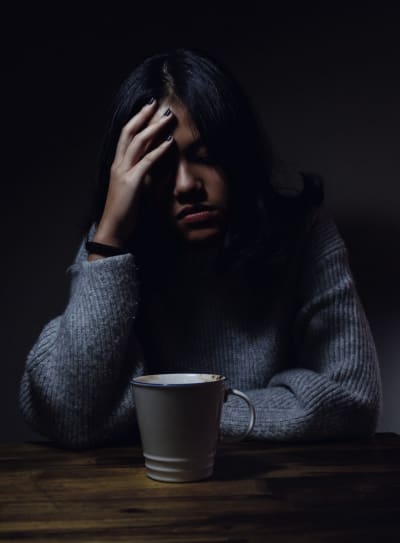
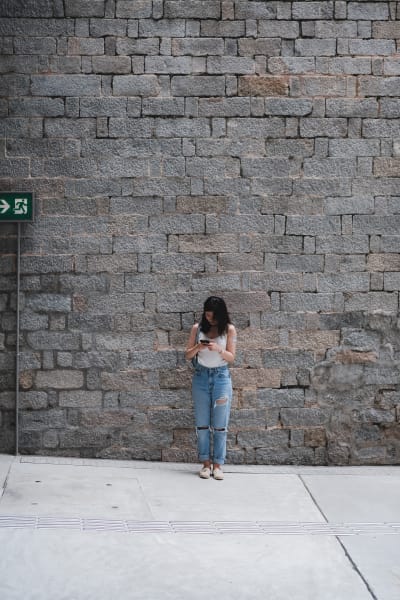



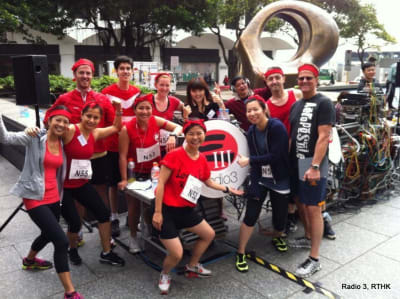
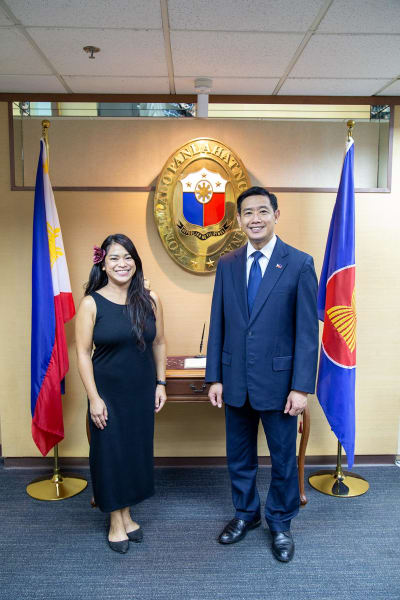



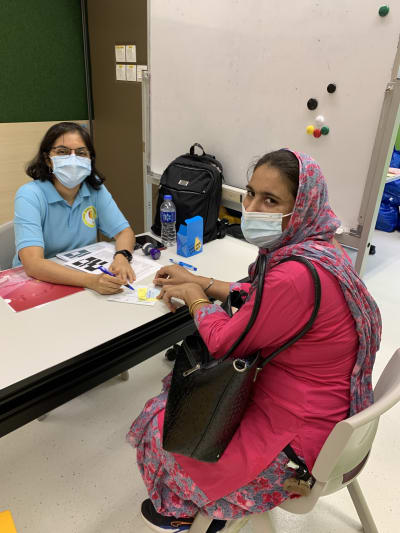
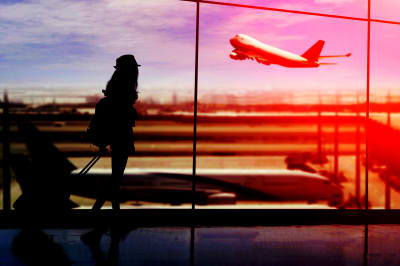
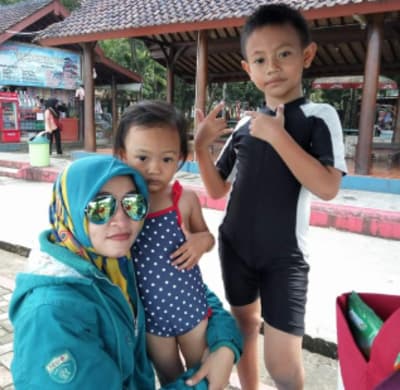
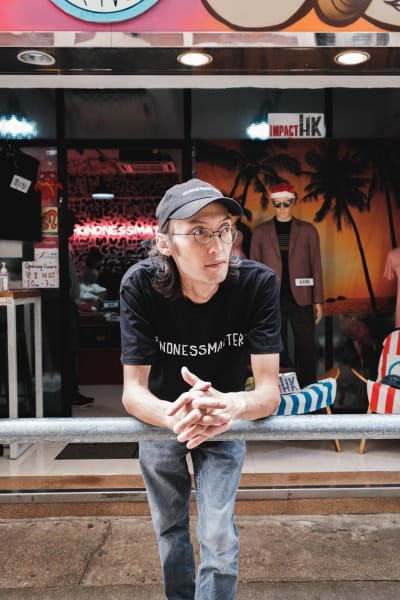

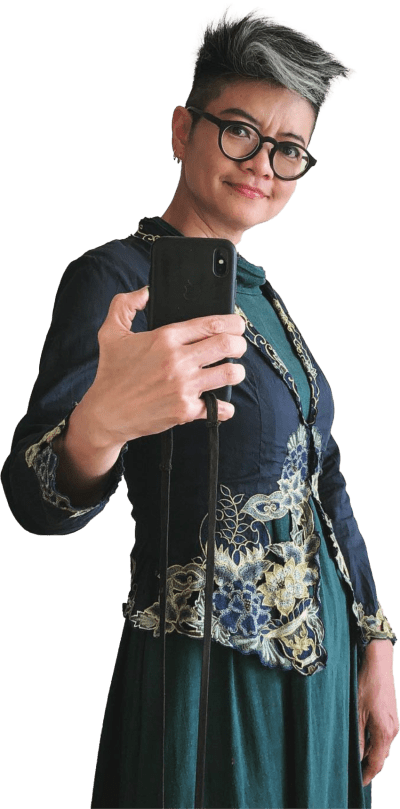
9dde49c3be6bac6166d59fb7abf39532)
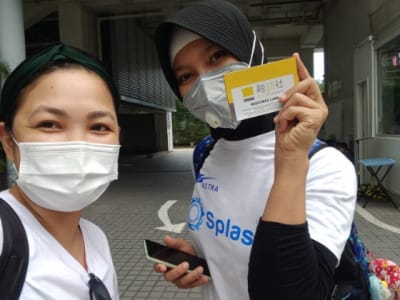

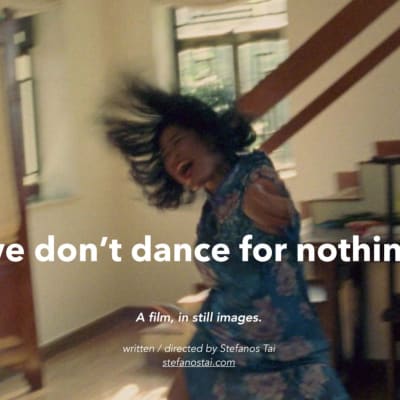
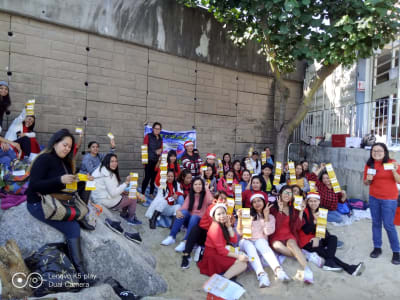
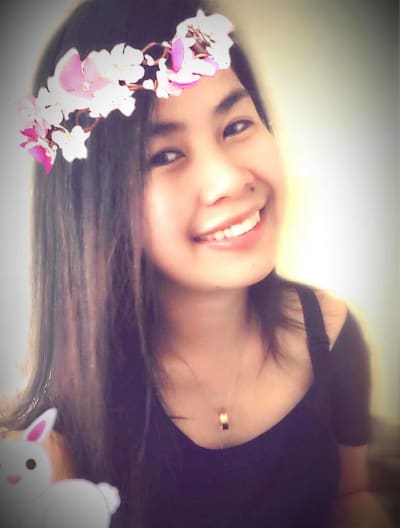


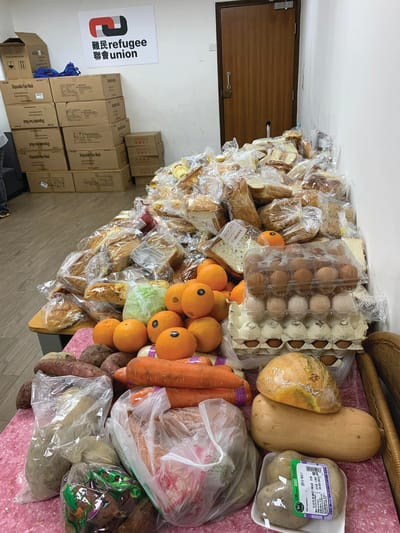
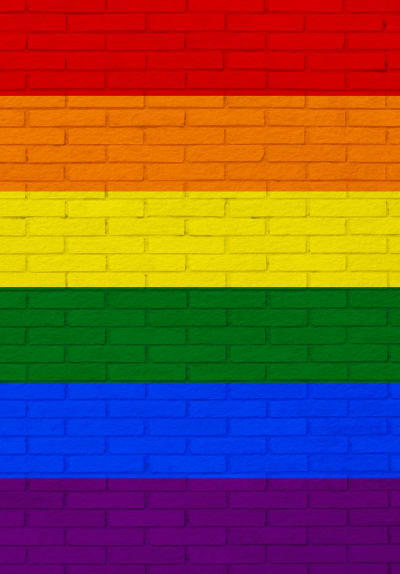
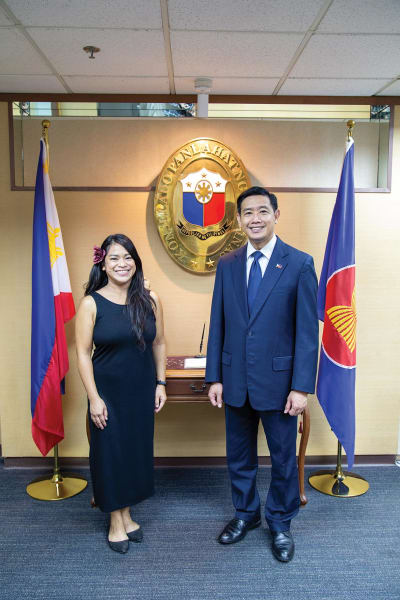
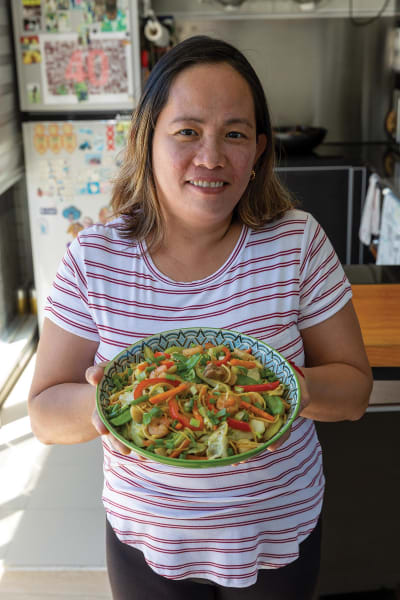



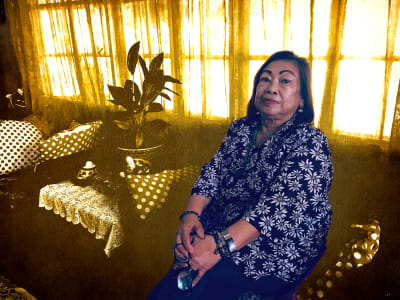

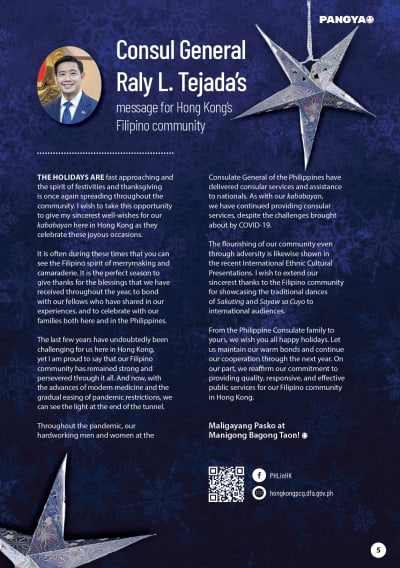


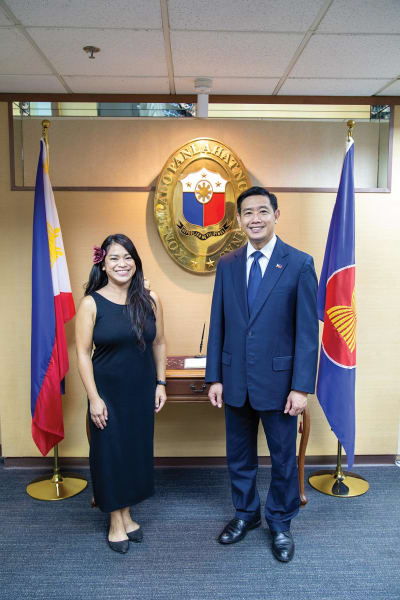

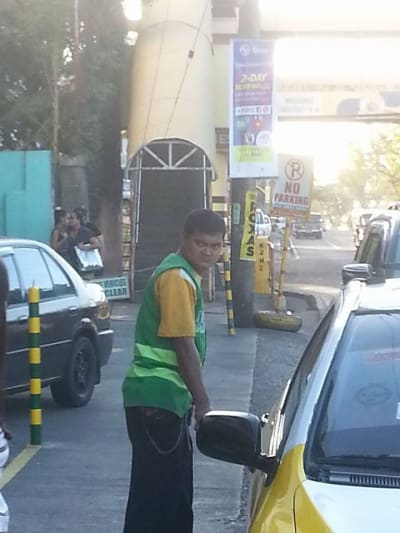
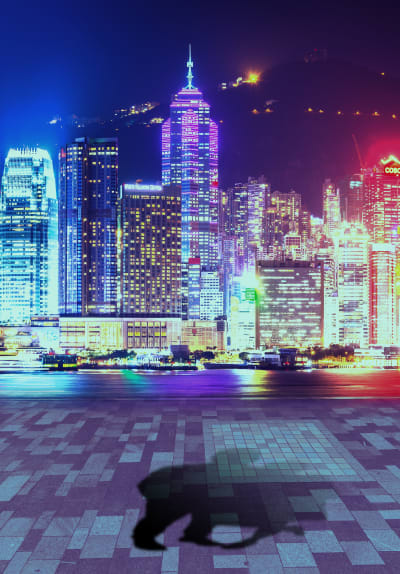
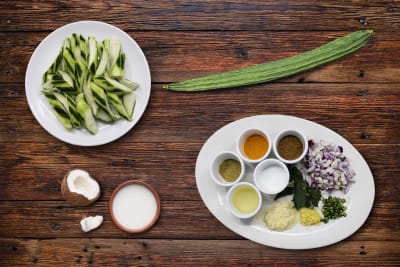
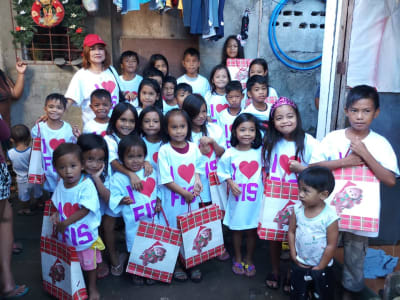
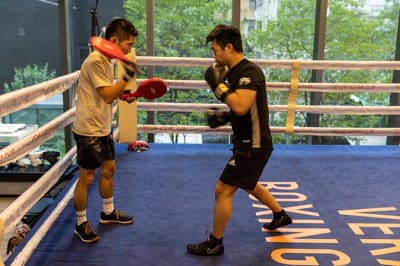



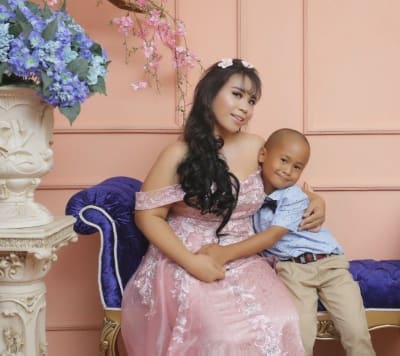



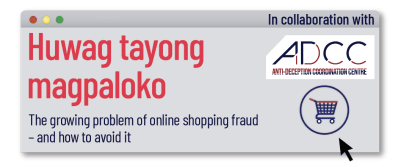
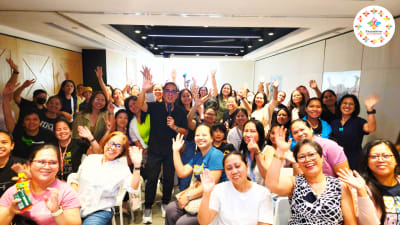
 (1)4b7355993ca6165c683913d00254e725)
6c2435b2dd0927f22b3222b88d21fb70)
